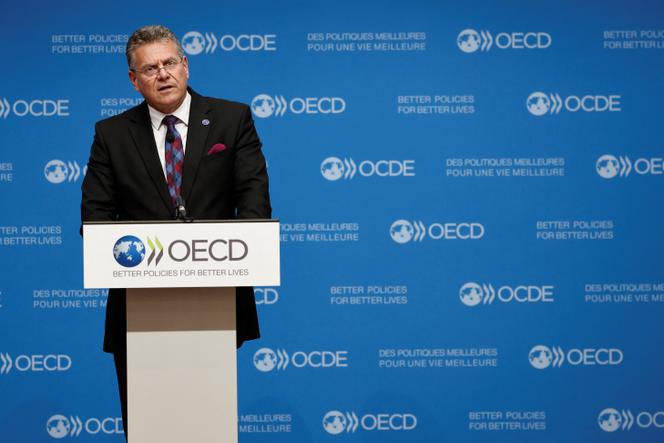


The European Commission is holding its ground, hoping that negotiations with Washington will eventually bear fruit. For now, the Commission, which is responsible for trade policy, continued to refrain from taking retaliatory measures against the United States, even though, since Wednesday, June 4, US tariffs on steel and aluminum have doubled from 25% to 50%.
These new tariffs come on top of other duties imposed by Donald Trump since his return to the White House – 25% on automobiles and 10% on a wide range of products – and have further deepened the imbalance between the two sides of the Atlantic. The European Union (EU), for its part, has still not imposed any additional tariffs on imports from its main trading partner.
On Wednesday, after meeting with US Trade Representative Jamieson Greer in Paris, European Trade Commissioner Maros Sefcovic said he was "optimistic" about the outcome of ongoing discussions between Brussels and Washington, thereby justifying the Commission's decision to take no immediate action.
The EU has stuck to this strategy for nearly two months, maintaining its course even as Trump shifts the rules. "We want to give negotiations a chance," said Commission President Ursula von der Leyen on April 10. That day, under pressure from the markets, Trump announced a 90-day mini-truce in the global trade war he is waging, postponing the new tariff hikes he unveiled on April 2 to July 9. In response, the Commission suspended the implementation of the first set of countermeasures, designed to retaliate against the 25% tariffs (in place since March 12) on steel and aluminum, which the members adopted the day before.
You have 74.22% of this article left to read. The rest is for subscribers only.
